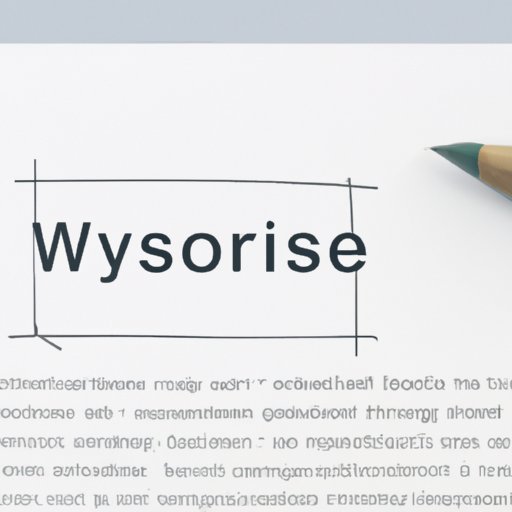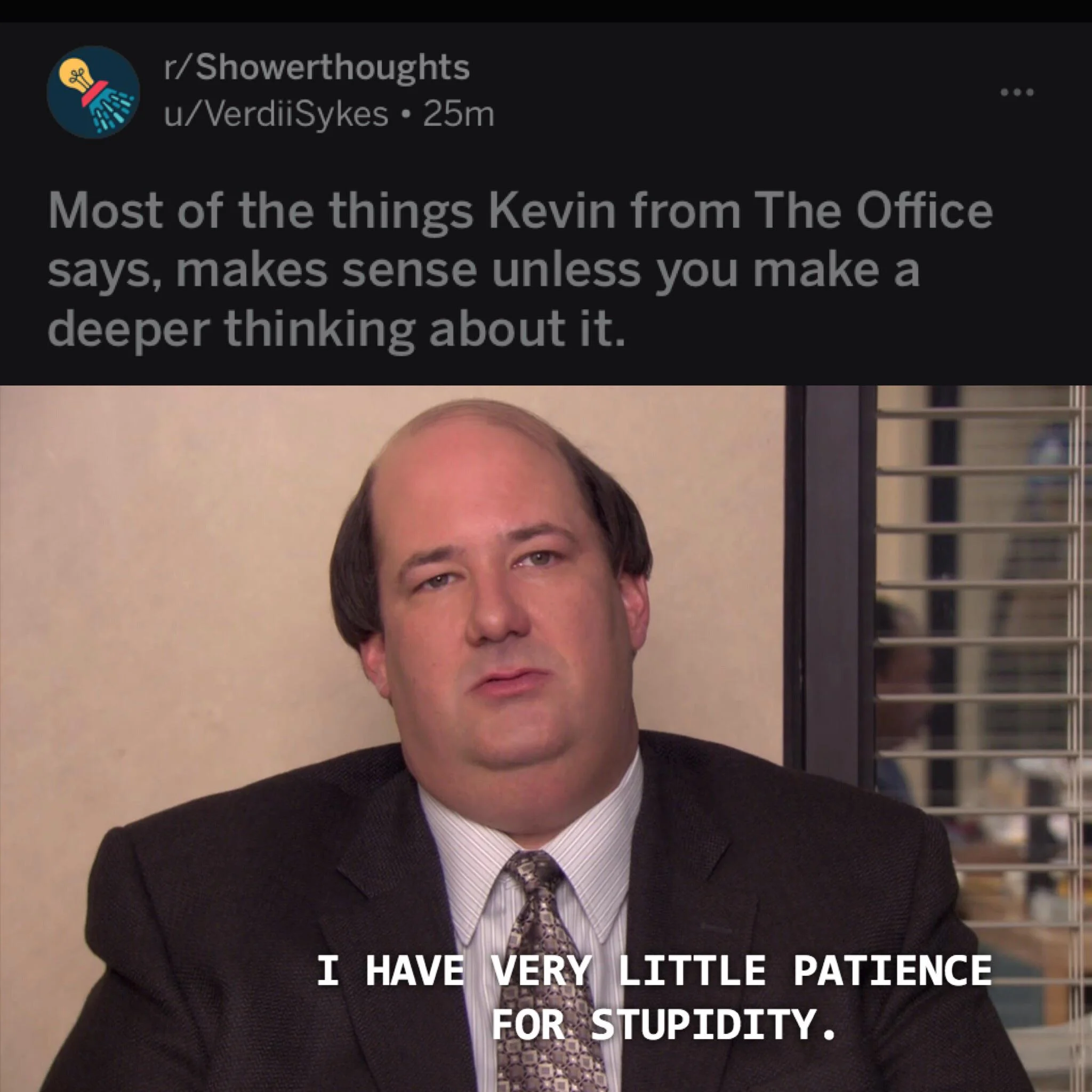Hey there, language enthusiasts! Today, we're diving deep into the world of words and exploring why using many words can actually work wonders for your communication. Why use many words? Well, the answer lies in the richness, depth, and clarity that longer sentences and more elaborate language bring to the table. But hold up, before we dive into the nitty-gritty, let's take a moment to reflect on why this topic is so important in today's fast-paced world. Language isn't just about conveying information—it's about connecting, persuading, and inspiring. And sometimes, more words mean more magic. So, are you ready to explore the power of verbosity? Let's go!
Now, you might be wondering, "Why should I care about using more words when short and sweet seems to be the trend?" Great question! While brevity has its place, there are situations where expanding your vocabulary and elaborating your thoughts can make all the difference. Whether you're writing an essay, crafting a speech, or even sending an email, the right combination of words can elevate your message from ordinary to extraordinary. So, stick around because we're about to break it all down for you!
Before we move forward, let me drop a little teaser. By the end of this article, you'll not only understand why using many words matters but also how to harness their power effectively. We'll cover everything from the psychological impact of verbosity to practical tips on how to implement it in your daily communication. Plus, we'll sprinkle in some fun facts and examples to keep things interesting. So, buckle up and let's get started!
Read also:Twilight Bella Backpack The Ultimate Guide For Every Fanatic
Understanding the Concept of Verbose Communication
Alright, let's talk about what verbose communication really means. Simply put, it's the practice of using more words than necessary to express an idea. But here's the catch—it's not about being unnecessarily wordy just for the sake of it. Instead, it's about choosing the right words to paint a vivid picture, evoke emotions, and leave a lasting impression on your audience. Think of it like painting a masterpiece with words instead of colors. The more details you add, the richer the painting becomes.
Verbose communication isn't just about quantity; it's about quality. When done right, it can enhance clarity, provide context, and even entertain. For instance, instead of saying "It was a nice day," you could say, "The sun was shining brightly, casting golden rays across the horizon, as a gentle breeze danced through the trees, creating a serene atmosphere that lifted everyone's spirits." See the difference? That's the power of using many words!
Why Use Many Words in Everyday Conversations?
Now, let's zoom in on everyday conversations. Why should you consider using more words when chatting with friends, family, or colleagues? First off, it can make your conversations more engaging and memorable. People love stories, and the more details you provide, the more likely they are to remember what you said. Plus, it shows that you're thoughtful and articulate, which can boost your credibility and influence.
Here's a quick list of benefits:
- Enhances storytelling ability
- Builds stronger connections
- Improves clarity and understanding
- Makes conversations more interesting
So, the next time you're having a chat, don't shy away from elaborating a little. Trust me, your audience will appreciate it!
Psychological Impact of Verbose Communication
Did you know that using many words can actually influence how people perceive you? Studies have shown that individuals who use a richer vocabulary are often seen as more intelligent, knowledgeable, and trustworthy. This is because our brains are wired to associate complexity with competence. When someone uses a wide range of words and constructs elaborate sentences, it signals that they have a deep understanding of the topic at hand.
Read also:Why Sitting Legs Crossed Memes Are Taking The Internet By Storm
But there's a fine line between being articulate and being overwhelming. The key is to strike a balance. You want to challenge your audience's intellect without confusing them. Think of it like cooking a meal. You want to add enough spices to make it flavorful, but not so much that it becomes inedible. The same goes for language. Use enough words to convey your message effectively, but don't overdo it.
How Verbose Communication Affects Persuasion
When it comes to persuasion, using many words can be a powerful tool. It allows you to present your arguments in a more detailed and convincing manner. For example, imagine you're trying to convince someone to try a new restaurant. Instead of just saying, "It's a great place," you could say, "This restaurant offers a unique dining experience with a diverse menu that caters to all tastes. The ambiance is warm and inviting, perfect for a cozy dinner with friends or a romantic evening with your partner." Which one sounds more appealing? Exactly!
Persuasion isn't just about what you say; it's about how you say it. By using more words, you can create a more compelling narrative that resonates with your audience. And let's be honest, who doesn't love a good story?
Practical Applications of Verbose Communication
Now that we've covered the theory, let's talk about how you can apply verbose communication in real-life situations. Whether you're a student, a professional, or a creative writer, there are countless opportunities to harness the power of words. Here are a few examples:
Academic Writing
In academic writing, using many words is often encouraged. It allows you to explore complex ideas, provide detailed analyses, and support your arguments with evidence. For instance, instead of saying, "The study shows positive results," you could say, "The comprehensive study, conducted over a period of five years and involving a diverse sample population, demonstrates statistically significant positive outcomes that could revolutionize the field." See how much more impactful that is?
Professional Communication
In the workplace, verbose communication can help you stand out and make a lasting impression. Whether you're writing a report, giving a presentation, or sending an email, using a rich vocabulary and constructing elaborate sentences can showcase your expertise and professionalism. Just remember to tailor your language to your audience. What works for a group of scientists might not work for a team of marketers.
Common Misconceptions About Using Many Words
While verbose communication has its advantages, there are also some misconceptions floating around. One of the biggest is that using many words automatically makes you sound pretentious or overly complicated. Not true! The key is to use words that add value to your message, not just fluff it up. Another misconception is that shorter is always better. While brevity has its place, there are times when more words are necessary to convey your point effectively.
Here's a quick rundown of some common misconceptions:
- More words always mean better communication
- Verbose communication is only for intellectuals
- Using many words makes you sound arrogant
So, how do you avoid falling into these traps? By focusing on clarity, relevance, and audience engagement. Always ask yourself, "Does this word or phrase add value to my message?" If the answer is yes, go for it!
Mastering the Art of Verbose Communication
Alright, let's get practical. How do you actually master the art of using many words effectively? Here are a few tips to get you started:
Expand Your Vocabulary
The more words you know, the more options you have when constructing your sentences. Read widely, explore new topics, and make it a habit to learn a new word every day. You'd be surprised how quickly your vocabulary can grow!
Practice Writing
Like any skill, writing takes practice. Set aside time each day to write, whether it's a journal entry, a short story, or a blog post. The more you write, the more comfortable you'll become with using a wide range of words.
Seek Feedback
Don't be afraid to ask for feedback from others. Whether it's a friend, a colleague, or a writing coach, getting an outside perspective can help you identify areas for improvement and refine your style.
Case Studies: Real-Life Examples of Verbose Communication
To further illustrate the power of using many words, let's take a look at some real-life examples. From famous speeches to best-selling novels, there are countless instances where verbose communication has made a significant impact.
Political Speeches
Think about some of the most iconic speeches in history. Leaders like Martin Luther King Jr. and Winston Churchill used elaborate language to inspire and unite people. Their words were carefully chosen to evoke emotions, paint vivid pictures, and leave a lasting legacy.
Literary Works
Authors like William Shakespeare and Charles Dickens are known for their rich, descriptive language. Their works are filled with intricate sentences and elaborate descriptions that transport readers to different worlds. It's no wonder their stories have stood the test of time!
Challenges and Pitfalls of Verbose Communication
Of course, using many words isn't without its challenges. One of the biggest risks is losing your audience's attention. If your sentences are too long or your vocabulary too obscure, people may struggle to follow your train of thought. That's why it's important to strike a balance between complexity and clarity.
Another potential pitfall is overusing certain words or phrases. While it's great to have a wide vocabulary, you don't want to repeat the same words over and over again. Instead, aim for variety and creativity in your language. And always remember to consider your audience's needs and preferences.
Conclusion: Why Use Many Words?
And there you have it, folks! We've explored the ins and outs of why using many words can be such a powerful tool in communication. From enhancing clarity and building connections to influencing and persuading, the benefits are endless. But remember, like any skill, mastering verbose communication takes practice and patience. So, keep expanding your vocabulary, experimenting with different styles, and seeking feedback from others.
Before we wrap up, I want to leave you with a call to action. Take what you've learned today and apply it to your own communication. Whether you're writing an email, giving a presentation, or having a casual conversation, try using a few more words to see how it affects your message. And don't forget to share your thoughts and experiences in the comments below. I'd love to hear from you!
Table of Contents
- Understanding the Concept of Verbose Communication
- Psychological Impact of Verbose Communication
- Practical Applications of Verbose Communication
- Common Misconceptions About Using Many Words
- Mastering the Art of Verbose Communication
- Case Studies: Real-Life Examples of Verbose Communication
- Challenges and Pitfalls of Verbose Communication
- Conclusion: Why Use Many Words?
So, what are you waiting for? Dive into the world of words and unlock your full communication potential. The more you practice, the better you'll become. Happy writing!


